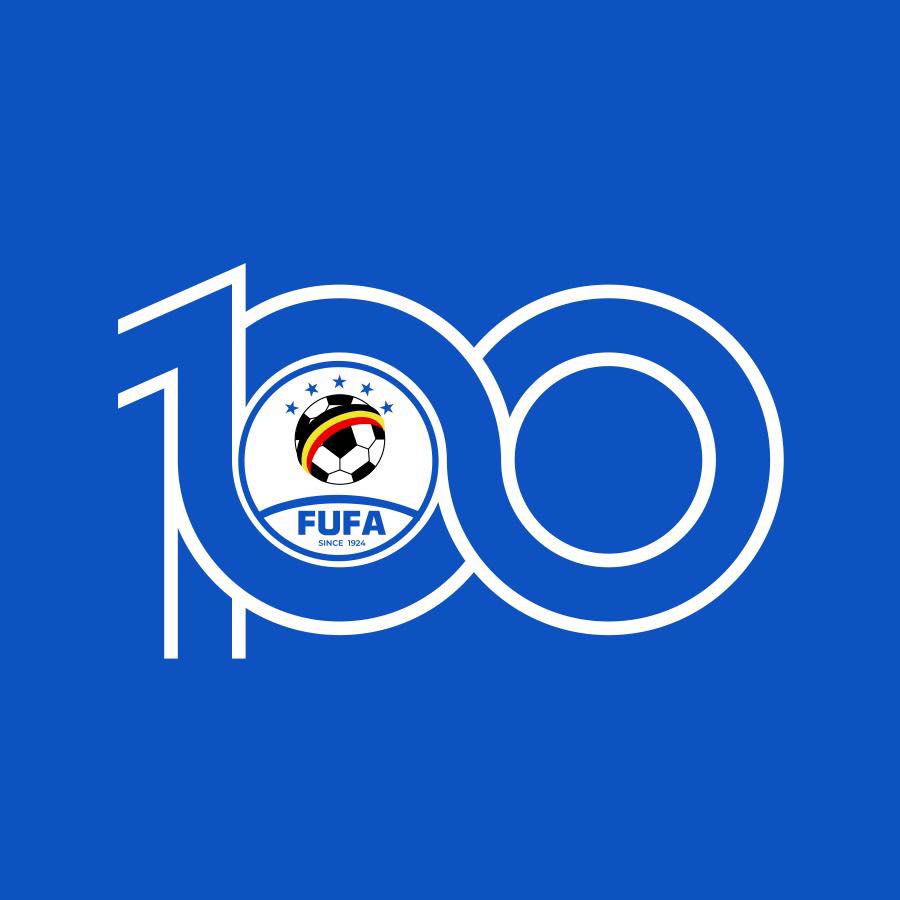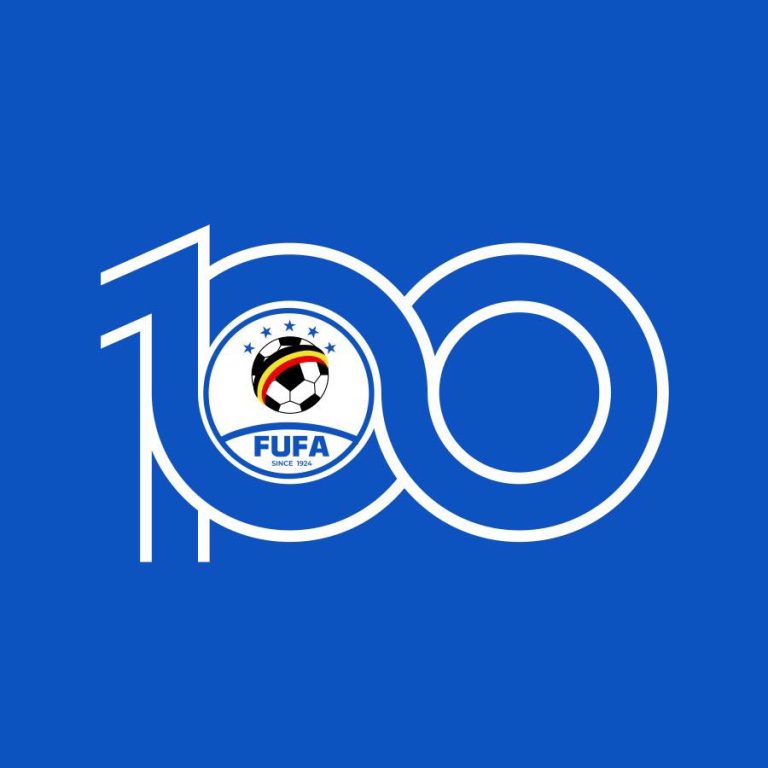Home » AFCON
Uganda Cranes' WCQ Journey Continues: Upcoming Fixtures & Standings

Targeting the FIFA World Cup in 2026, the Uganda Cranes are gearing ready for two crucial games. March 20, 2025 will see Mozambique in Cairo; later, on March 25, 2025, at Mandela National Stadium, they will hold a home game against Guinea. These games will drastically decide the team’s chances to qualify for the World Cup.
The team’s group ranks sixth at six points. Their standing has to be improved by winning these following games. Played in Cairo due to CAF venue restrictions, the Mozambican encounter presents a different challenge. The home game against Guinea is an opportunity to use local support and guarantee important points in meanwhile.
Fixture Breakdown and Venue Insights
On the field, March 2025 will feature key clashes. Two important games will help to define the road forward. First is against Mozambique at Cairo International Stadium on March 20, 2025. The second is a March 25, 2025 home game scheduled for Mandela National Stadium.
Match Details: Mozambique in Egypt and Home Game
The match versus Mozambique will take place in Cairo because of CAF stadium limitations. The amenities of Maputo fell short of the needed criteria. This provides a special difficulty for both teams.
The home stadium of Uganda, Mandela National Stadium, has lately been renovated. It satisfies CAF and FIFA rules currently. This guarantees best conditions for the supporters as well as the team.
CAF Stadium Standards and Venue Adjustments
CAF sets rigorous stadium requirements. These cover seating capacity, pitch quality, and safety precautions. Cairo International Stadium is fit as it satisfies these criteria.
Mandela National Stadium is now much improved. These cover better lighting, chairs, and pitch upkeep. These changes seek to offer a world-class experience.
Fixture | Date | Venue |
Mozambique vs Uganda | March 20, 2025 | Cairo International Stadium |
Uganda vs Guinea | March 25, 2025 | Mandela National Stadium |
Crucially important will be key players like Travis Mutyaba and Denis Omedi. Their performances might decide how these games turn out. Furthermore, very important will be tactical changes in the first and second halves.
For best performance, venue conditions are absolutely important. Correct facilities guarantee players’ ability to concentrate on the game. This raises the possibilities of obtaining important points as well.
Group G Standings and Qualification Challenge
Teams fighting for the top position are driving Group G’s rankings to fever. Every game counts since just one club is scheduled to advance. Right now with nine points apiece are Algeria and Mozambique. At six points, Botswana, Guinea, and another team tie; Somalia lags behind.
Current Points, Group Leaders, and Pitfalls
Advancement requires points to be accumulating. Though Algeria and Mozambique have demonstrated consistency, earlier game mistakes have cost others vital points. For instance, mistakes in defense or lost possibilities in the second half have proved expensive.
Every minute on the grass counts. Little margins—like a single goal or a tactical mistake—can change the group dynamics. Teams have to have discipline and concentrate all through the game to prevent such losses.
Qualification Format and Implications
The qualifying process is really competitive. The group winner alone gets automatic progress. This puts great strain on every team to deliver regularly. Essential are scoring goals and managing the game from beginning to end.
Both halves need tactical discipline. Teams have to change to fit the tactics of their rivals while using their advantages. The qualifying race is getting fiercer; hence any choice could affect the result.
Uganda Cranes World Cup Qualifiers: Historical Context and Tactical Shifts
Historical performances at Mandela National Stadium provide insightful analysis on the forthcoming games. Important events at this location have helped to define the team’s path in past campaigns. From strategic breakthroughs to unforgettable triumphs, the knowledge gained here is very vital for future success.
Lessons from Previous Qualifiers at Mandela National Stadium
Some of the most important successes of the team have been presented on Mandela National Stadium. Early goals and strategic discipline have been underlined in past campaigns. For example, the early strikes Farouk Miya makes in important games define the success tone.
Tactical Adjustments and Coach Paul Put’s Strategic Changes
Coach Paul Put has instituted a number of tactical changes meant to improve the team’s output. Recent games clearly show his attention on ball control and positioning. For instance, mid-game changes turned out to be crucial during the game versus Algeria.
Important adjustments include
- Strategic replacements to preserve energy levels
- Focus on fast transitions and counterattacks
- Better defensive organization to reduce mistakes.
Uganda Cranes Squad
Goalkeepers: Watenga Isma, Golden Arrows FC (South Africa), Alionzi Nafian, Defence Forces FC (Ethiopia) and Mutakubwa Joel, BUL FC (Uganda).
Defenders: Bwomono Elvis, St. Mirren FC (Scotland), Kizito Gavin, KCCA FC (Uganda), Mugabi Bevis, Anorthosis Famagusta FC (Cyprus), Awany Timothy, FC Ashdod (Israel), Sibbick Toby, Wigan Athletic FC (England), Torach Rogers, Vipers SC (Uganda), Kayondo Abdu Aziizi, FC Slovan Liberec (Czech Republic), and Muleme Isaac, FK Viktoria Zizkov (Czech Republic)
Midfielders: Ssekiganda Ronald, SC Villa (Uganda), Semakula Kenneth, Club Africaine (Tunisia), Aucho Khalid, Young Africans SC (Tanzania), Ssebagala Enock, NEC FC (Uganda), Watambala Abdu Karim, Vipers SC (Uganda), Allan Okello, Vipers SC (Uganda), and Mutyba Travis, Girondins Bordeaux (France)
Forwards: Omedi Denis, APR FC (Rwanda), Kiwanuka Hakim, APR FC (Rwanda), Ssemugabi Jude, Kitara FC (Uganda), Mato Rogers, FK Vardar (North Macedonia), Mukwala Steven, Simba FC (Tanzania), Muhammad Shaban, Al Anwar Al Abyar SC (Libya), Kabuye Calvin, Mjaliby AIF (Sweden), and Kakande Patrick, SC Villa (Uganda)
Looking Forward: Winning Strategies and Next Steps
The route to the FIFA tournament in 2026 calls both accuracy and flexibility. The team has to concentrate on tactical discipline and inventive attacking plays if it is to guard important points. From the first half through TO the last minute, every match event will help to define their path.
One distinctive advantages are home advantage at the national stadium. Making use of local assistance helps to raise performance standards and morale. Overcoming great resistance will depend mostly on thorough preparation involving clever substitutes and fast transitions.
The team is much inspired by fans. Their vitality might change the course during pivotal times. As the squad works for qualifying victory, be informed about live action.


